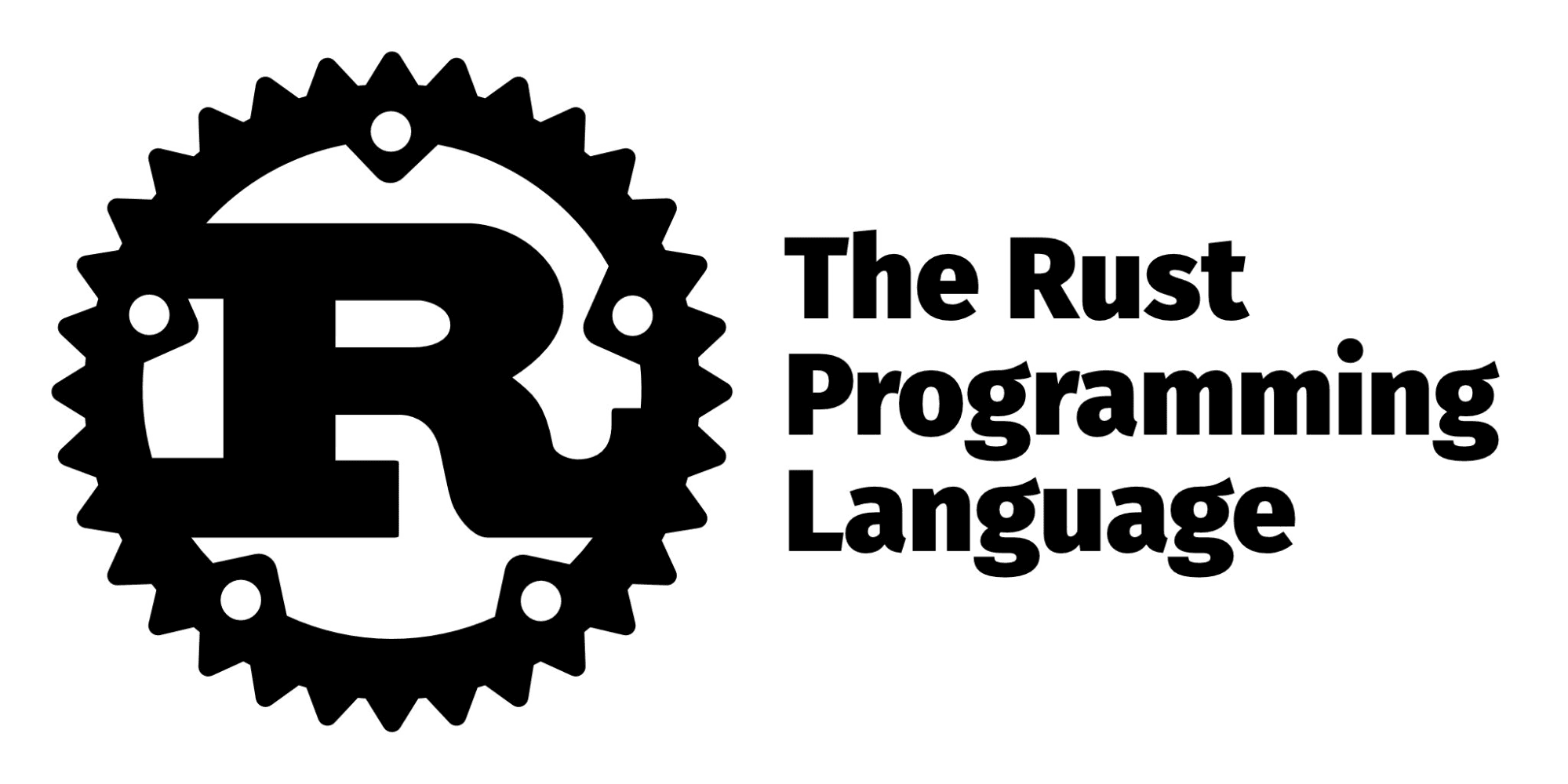Strict DOs and DON'Ts for Business Success
Stay small until you’ve figured out what’s working - Naval Ravikant
Let me share a personal story about my journey through different business environments. I've had the privilege of working in various sectors, from startups and SMEs to large enterprises and multinational corporations (MNCs). Throughout my career, I’ve learned that success hinges not just on a good idea or hard work but on a disciplined, focused approach to execution.
In the beginning, I worked at a startup where every second counted, and resources were always limited. We had to be nimble and make every effort count. This taught me the importance of prioritizing our core value proposition and validating our ideas quickly. Later, in a large corporation, I saw how easy it was to get bogged down by bureaucracy and unnecessary features, which slowed down progress. It was a stark contrast to the agility of a startup but taught me valuable lessons about scale and efficiency.
Here’s the strict and aggressive roadmap I’ve developed, drawing from my experiences across these varied environments. This isn't just for startups; it's for anyone looking to drive significant impact and growth, regardless of the organization’s size or industry.
DO:
Identify Your Core Value Proposition Immediately
- Why: Early in my career, I learned the hard way that without a clear value proposition, it’s easy to lose direction. Knowing exactly what makes your product or service unique is crucial for maintaining focus and attracting the right audience.
Conduct Rapid Market Validation
- Why: In a startup, we couldn’t afford to waste time on untested ideas. We engaged with potential users early to validate our concepts. This approach saved us from pursuing dead ends and ensured we were building something people actually wanted.
Develop a Minimum Viable Product (MVP) Within a Month
- Why: The pressure to deliver quickly taught me to embrace the MVP concept. It allowed us to test our assumptions with real users and gather feedback without investing too much time and money upfront.
Launch a Beta Version Immediately After MVP
- Why: Launching a beta version helped us get invaluable real-world feedback. This rapid iteration cycle was crucial for refining our product and ensuring it met user needs.
Market Relentlessly
- Why: Effective marketing was a game-changer. In larger companies, I saw the impact of sustained marketing efforts. Building brand awareness and driving user acquisition requires relentless marketing, whether through content, SEO, or ads.
Engage and Retain Users
- Why: User engagement became a priority after seeing how quickly users could lose interest. By keeping users engaged and creating a community, we built loyalty and encouraged word-of-mouth recommendations.
Monetize Efficiently
- Why: Early monetization validated our business model. Whether in a startup or an MNC, implementing a freemium model and targeted ads provided immediate revenue streams without alienating users.
Measure and Improve
- Why: In every role, tracking KPIs has been essential. Understanding what’s working and what isn’t allowed us to make data-driven decisions and continuously improve our offerings.
DO NOT:
DO NOT Waste Time on Unnecessary Features
- Why: I’ve seen projects fail because they focused on non-essential features. Concentrating on core functionalities ensures you deliver the most value to users quickly.
DO NOT Delay Market Validation
- Why: Delaying validation can lead to building products no one wants. Engaging with the market early ensures you address real needs.
DO NOT Get Bogged Down by Perfection
- Why: Perfectionism can delay your launch and miss opportunities. An imperfect product that users can provide feedback on is more valuable than one that takes too long to perfect.
DO NOT Ignore User Feedback
- Why: Users provide direct insights into how well your product meets their needs. Ignoring feedback can lead to a product that doesn’t resonate with users, reducing adoption and retention.
DO NOT Overspend on Marketing
- Why: Efficient use of marketing funds is crucial. Overspending without a clear strategy can deplete resources without guaranteeing results.
DO NOT Neglect User Engagement
- Why: Engaged users are more likely to stay loyal and recommend your product. Neglecting engagement can lead to churn and lost opportunities.
DO NOT Delay Monetization
- Why: Early monetization validates your business model and provides essential funds. Delaying monetization can lead to cash flow issues, putting your project at risk.
DO NOT Get Comfortable
- Why: Complacency is the enemy of progress. The business environment is dynamic, and staying hungry ensures you’re always looking for ways to improve and grow.
Summary
ACT NOW: Urgency is critical. My journey through different business environments has taught me that focusing on essential actions and avoiding common pitfalls ensures that you make the most of your time. Each decision and action should move you closer to a viable, profitable business. Validate early, iterate quickly, and always stay focused on your core goals.


